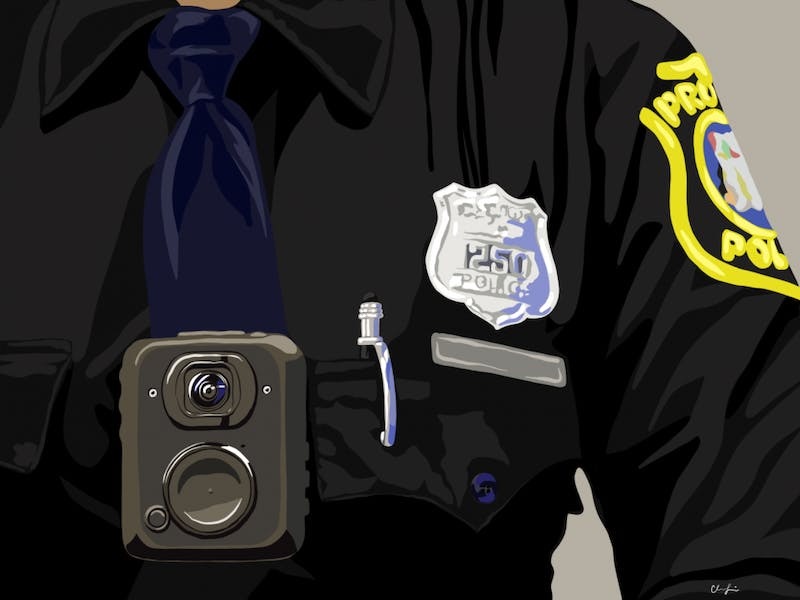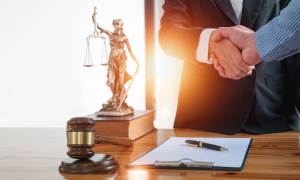
Police body cameras have become increasingly popular in recent years as a tool for law enforcement to monitor and record their interactions with the public. The use of these cameras has sparked a debate about their impact on criminal investigations and civil liberties. This article will explore the benefits and drawbacks of police body cameras in these two areas.
One of the most significant benefits of police body cameras is their potential to improve criminal investigations. The footage captured by these cameras can provide valuable evidence in criminal cases, which can help to increase the chances of a successful prosecution. This evidence can be particularly useful in cases where there is conflicting testimony or when a defendant is disputing the facts of the case. Body camera footage can also help to protect police officers from false accusations of misconduct, which can damage their reputations and careers.
However, there are also concerns about the impact of police body cameras on civil liberties. Some argue that these cameras may be used to infringe on the privacy rights of individuals who are not suspected of any crime. For example, if police officers are required to wear body cameras at all times, they may inadvertently capture footage of people in their homes or other private spaces. This footage could then be used for purposes other than criminal investigations, such as voyeurism or blackmail.

Another concern is that the use of police body cameras may lead to an increase in police surveillance of minority communities. This is particularly troubling given the history of racial profiling and other forms of discrimination in law enforcement. If police officers are required to wear body cameras at all times, they may be more likely to target individuals from minority communities in the hope of capturing footage that can be used in criminal investigations.

In order to address these concerns, it is important to ensure that the use of police body cameras is accompanied by appropriate policies and procedures. For example, police departments could implement strict rules around when and where these cameras can be used, as well as how the footage captured by them can be accessed and used. Additionally, it may be necessary to provide training to police officers to ensure that they are using these cameras in a way that is respectful of individual privacy rights.
The impact of police body cameras on criminal investigations and civil liberties is complex and multifaceted. While these cameras have the potential to improve criminal investigations and protect police officers from false accusations, they also raise concerns about privacy and surveillance. Ultimately, the use of police body cameras must be carefully managed and regulated to ensure that they are used in a way that is both effective and respectful of individual rights.









